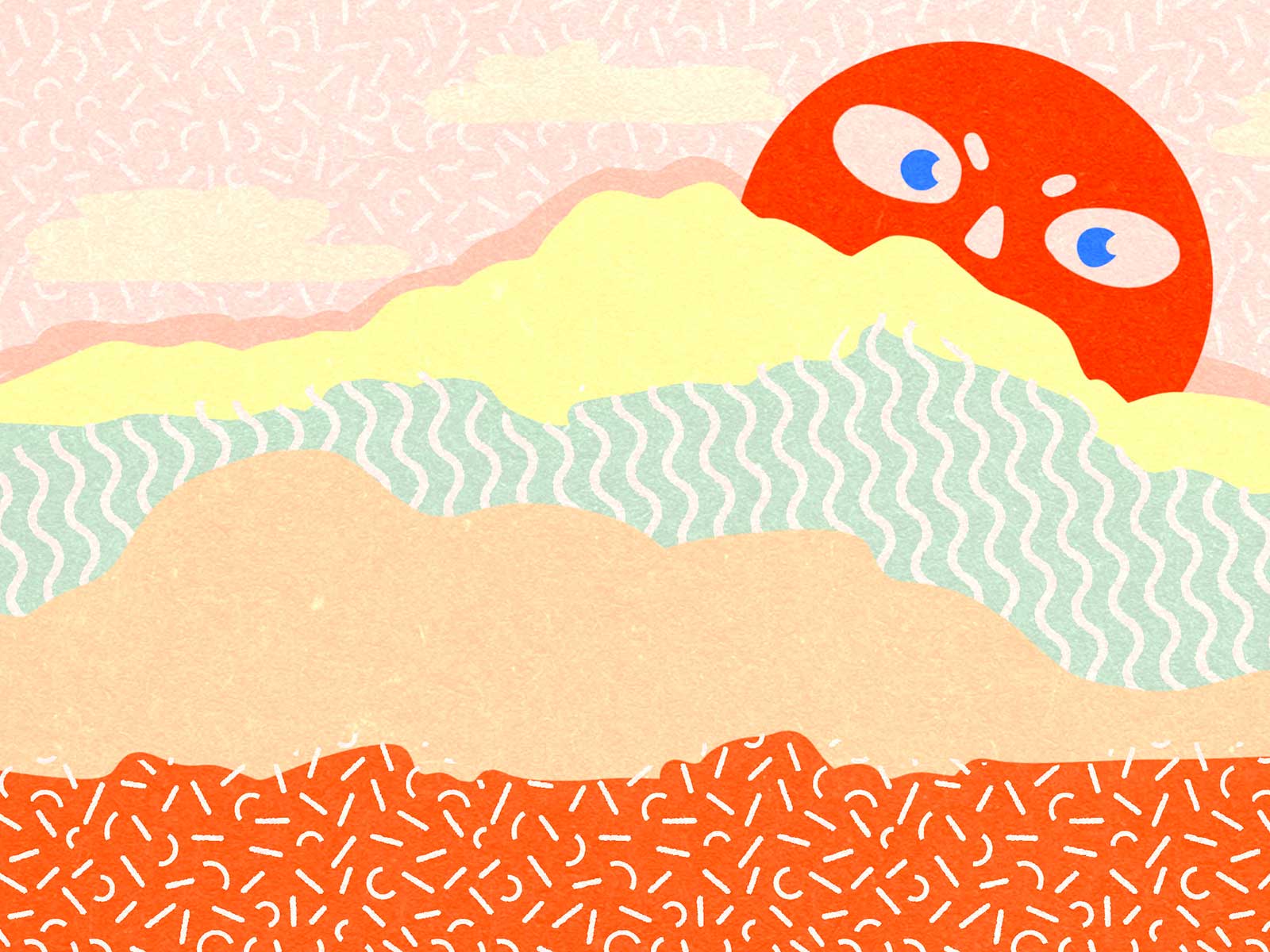Published by 4Culture on
Meet the Artists Selected to Create Limited-Edition ORCA Cards
Along with our partners King County Metro Transit and RapidRide, we are thrilled to share that three exceptional young artists will create limited-edition ORCA cards to celebrate the launch of three new RapidRide lines. Each artist’s work is distinct and will feature deliberate ties to the contexts, histories, cultures, and communities of these new lines.
The cohort will be joined by mentor artists Angelina Villalobos and Jesse Brown, who will support these artists as they do research, develop proposals, and have those proposals reviewed and approved by oversight boards and the Public Art Advisory Committee. These special ORCA cards will be distributed when each of the lines begin service, beginning in 2021-22 until 2024.
Many talented young people applied for this opportunity, and we want to recognize the incredible amount of time and work every single one of them invested in their application. Please check out a sampling of all of the applicants’ work in this gallery!
In order for you to learn a bit more about the selected artists and their work, we’ve asked each of them to share a favorite memory of riding the bus; unsurprisingly, they all have a meaningful relationship with public transit:
Yasiman Ahsani, 25
RapidRide G Line (Madison, Downtown, West Seattle)
Currently based in Seattle, WA, Yasiman is an Iranian-American artist who uses bold colors, shapes, and patterns inspired by her Middle-Eastern culture. She loves commemorating her family's roots through her art, combining elements of her heritage with her American experience. Initially a 2D and 3D digital artist, Yasiman has branched out to include other mediums such as acrylic painting and traditional print, bringing to life the visions of the communities and organizations she has worked with. She enjoys illustration and sharing the quirky characters and imagery in her head for others to experience. You can explore her range of work at yasiman2d.com.
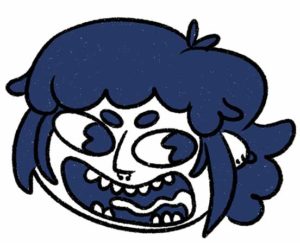
Yasiman’s favorite bus memory:
I was on the bus with my dog to take him to the vet. For whatever reason that day, he was an instant celebrity and attracted a lot of sweet attention. One woman who sat next to me shared photos of her pets and mentioned how she'd been taking this same bus line for many years to get to work. We briefly discussed how great public transportation is, especially for letting us bring our pets on board, and how it's crucial to the inner workings of this city. It was such a wholesome experience casually chatting with so many kind people that day who also appreciated my dog!
Rey Daoed, 19
RapidRide I Line (Renton, Kent, Auburn)
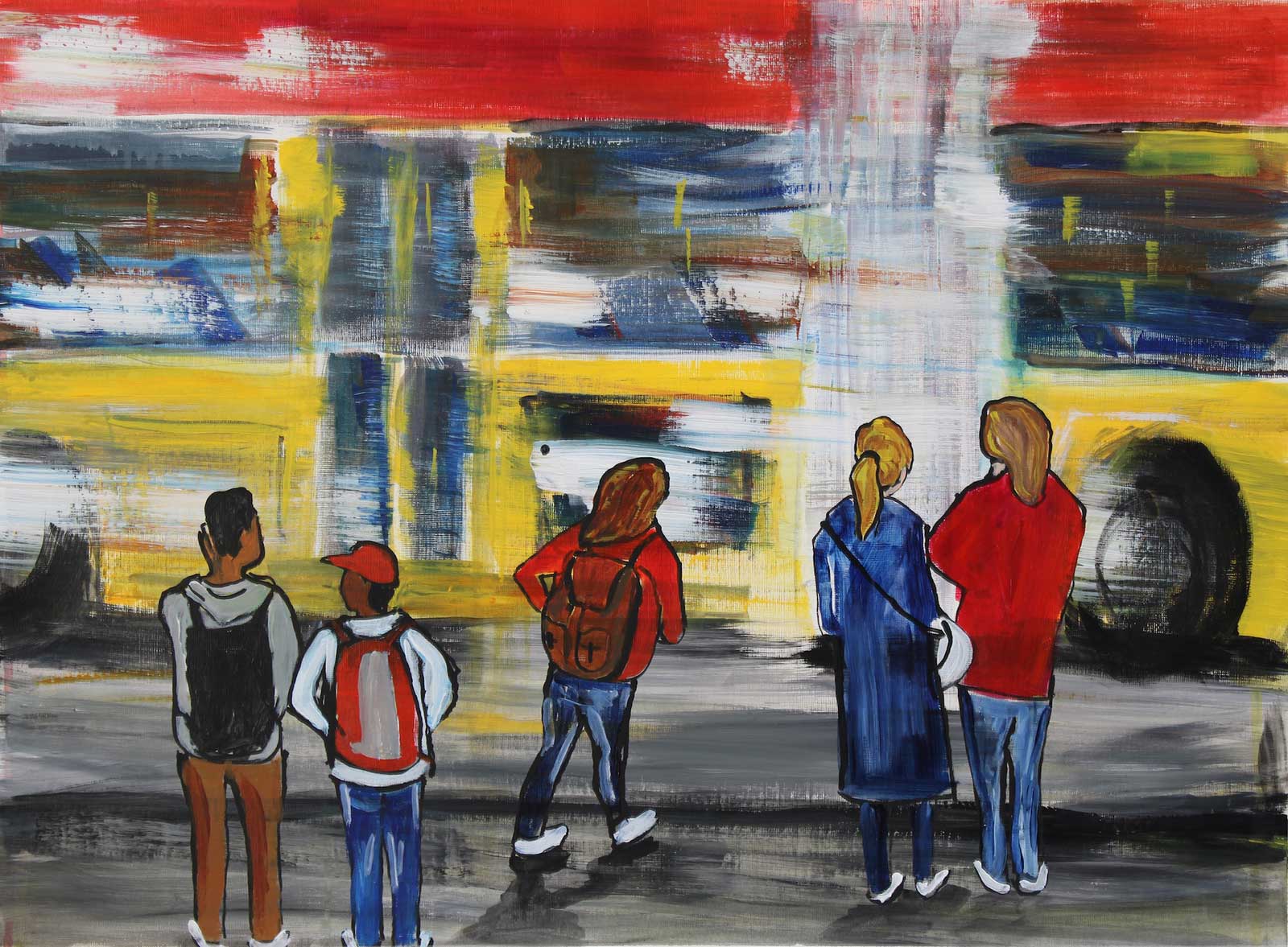
Born in Seattle and currently based in Sammamish, Fareyza Daoed—often called Rey by his family and friends—is diagnosed with autism and apraxia of speech. Typing, handwriting, and text-to-speech apps are his preferred method of communication. Rey began painting in 2015, and the medium soon became an important secondary means of communication for him. Rey’s award-winning work has been featured in group exhibitions both locally and abroad. Rey is heavily influenced by old masters like Henri Matisse, Van Gogh and Der Blaue Reiter. Rey is also influenced by the newer artists like Keith Haring and David Hockney. Find out more about Rey’s work here.
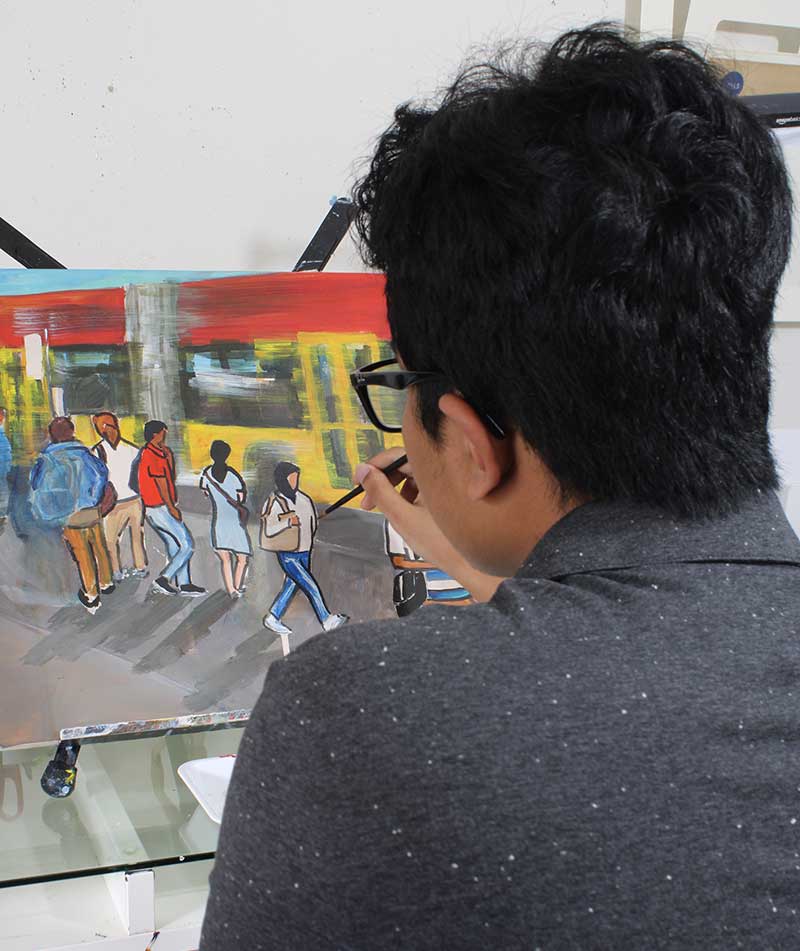
Rey’s favorite bus memory:
My favorite memory riding the bus was when I was young. My parents took my brother and I downtown with the bus and we rode the monorail to Seattle Center. That was fun. I also remembered I like to meet my dad in Downtown Bellevue when we had summer breaks from school.The bus drivers are always helpful whenever I need any information.
Jovita Mercado, 22
RapidRide H Line (Delridge, White Center, Burien)
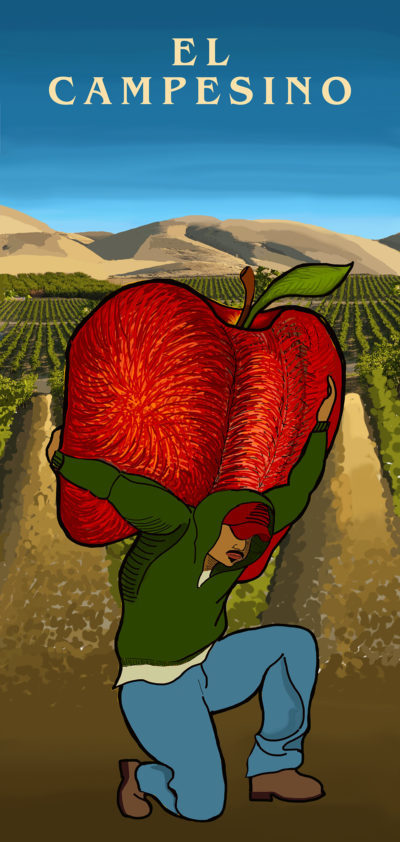
Jovita Mercado, a Chicana living on the hyphen of the word Mexican-American, asks why women of her ethnicity are subjected to brutality and ill-treatment and why there is a lack of history surrounding her identity. These questions drive her practice and uncover a history of the United States exploiting her ethnicity while revealing how colonization has manifested into her ethnicity’s oppressive gender expectations. She makes work in response to the prolific amount of violence and abuse that has been occurring at the U.S./Mexico border and border-related lands like her hometown of Yakima, Washington. Her work attempts to humanize her identity away from political jargon that leaves her community vulnerable to recurring violence. Through her act of making, she also memorializes her culture’s accomplishments and resiliency in hope that it distills pride in her community and inspires others. Find out more about Jovita’s work here.
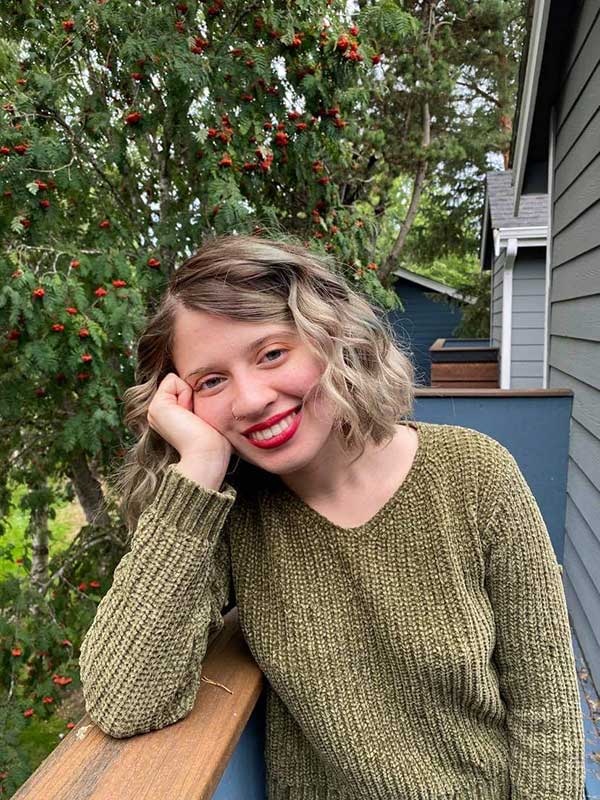 Jovita’s favorite bus memory:
Jovita’s favorite bus memory:
One of my favorite memories on the bus was when I was a freshman at the University of Washington. I just moved from Yakima to Seattle. I knew nothing about the city other than the basic tourist attractions. My friends needed some dorm essentials. So we went on a bus. This was the first time I used the transit system in Seattle. I was paranoid about missing my stop, but at the same time, I was thrilled to be in the city. I was fascinated by the ever-changing architecture. There were old buildings beside new ones. I was curious to know the stories that they held. I saw Peruvian, Vietnamese, and Indian restaurants. I wanted to eat at all of them! I want to try everything! I wondered which one would become my favorite spot. The bus later drove by record shops, fortune tellers, and thrift stores. I dreamt of meeting new people, seeing new perspectives, and building new memories. This moment I had riding the bus led to many more memories of exploring the city through the transit system. As an individual without a car, Seattle’s bus system gives me the independence to move freely around the city no matter my social-economic status.

